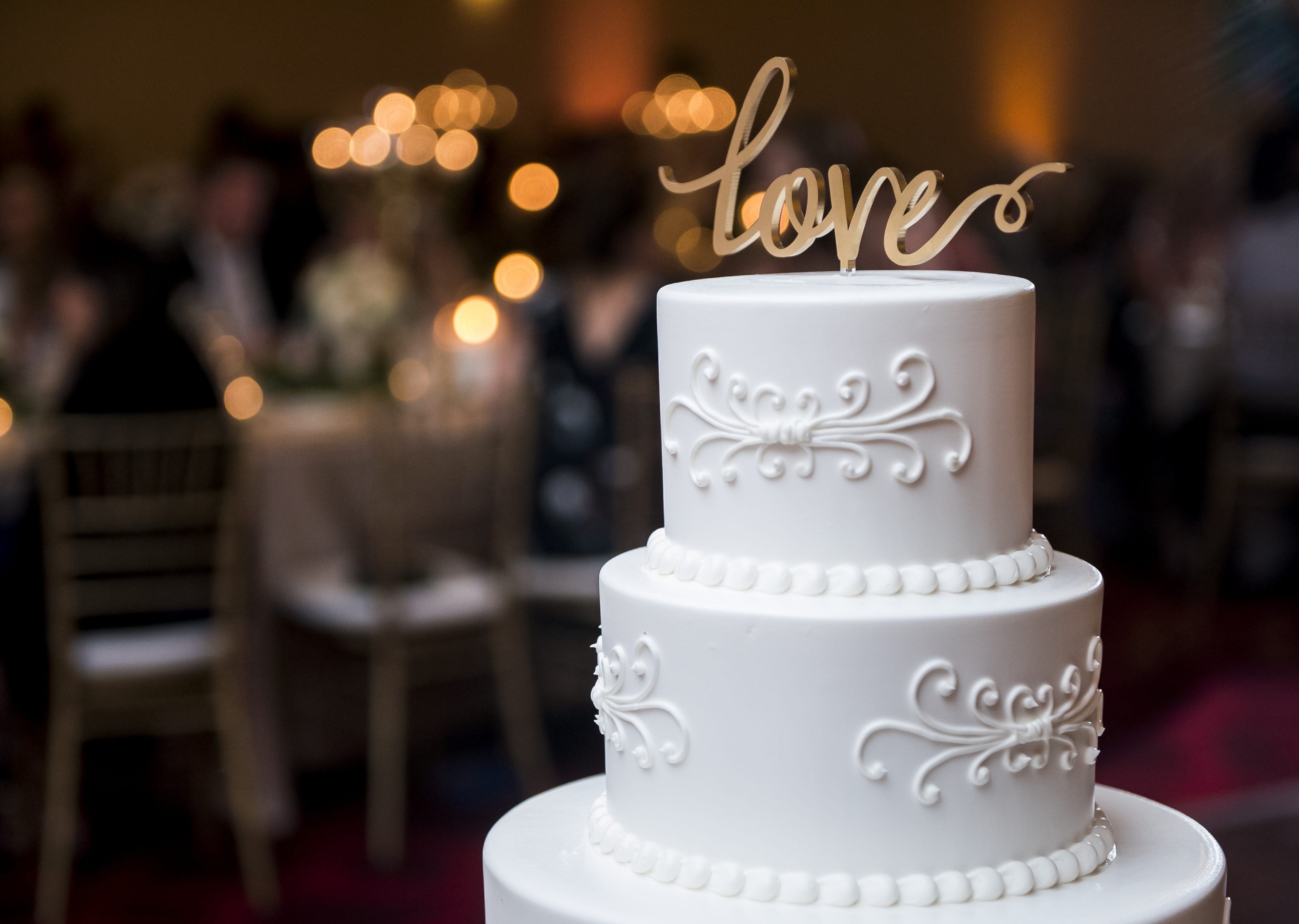Burping and Slurping? 11 Interesting Table Manners from Around the World
What’s considered rude in certain countries, may actually be considered polite in others! Even though the world is more connected than ever before, it’s interesting to discover how the habits of many cultures still resist change. Most of us are taught table manners while growing up, but etiquette is not the same all over the world. In the UK, not many people will burp, slurp, or eat with their fingers, but in other countries, this is acceptable!
;Resize,width=742;)
Think you have good table manners? Read through our list of interesting table etiquette from around the world and see how you stack up!
1. Slurping
Ever been told by your mother it’s rude to slurp your food? Then you probably didn’t grow up in Japan! There, you are expected to slurp when eating noodles and soups – it shows your appreciation!
2. No utensils allowed

In Ethiopia, India, and Samoa, most people don’t use utensils, so be prepared to use your hands. Furthermore, most of us use either one of our hands (or both) when we eat, but in India and some Middle Eastern countries, your left hand is considered unclean (for some interesting reasons!), so only the right hand should be used when eating.
3. Keep your hands visible
Many of us were told ‘no elbows on the table’, so the next best place we usually put them is on our lap beneath the table. In Mexico, Italy, Austria, and some other countries, your hands are expected to be visible at all times. Rest your wrists on the table (elbows are still a no-no), but don’t keep them in your lap.
4. Don’t expect soda!

In Italy, it is rather uncommon to have any other beverages with your meal besides water or wine. And even if you’ve had enough wine, it’s best to keep your glass almost full, otherwise it will be topped up continuously! The same applies in Colombian culture. In Japan you are served miso soup instead of a beverage.
5. Be quiet
When you’re in Brazil, it’s best to stay quiet. Don’t burp or make excessive noise with your cutlery and plates. It’s considered bad manners.
6. Leave leftovers…

In China, Colombia, and Malaysia, it’s polite to leave a little bit of food leftover on your plate. If you finish all of it, it might be perceived as the host not providing you with enough food – he might even give you more and will keep filling up your plate!
7. Or not…
In Brazil, Chile, Germany, the Netherlands, and France, it’s considered rude to leave uneaten food on your plate. It signals to the host that you did not enjoy the food.
8. Drink up!

Be open-minded when visiting Chile, and accept drinks when they are offered to you. If you refuse it, it may give the other person a bad first impression of you.
9. Say no if you want more
If you had a lovely meal in China, and would like a second helping, wait for the host to offer it to you. Once they offer, you have to refuse it once, and then accept it. Luckily in Germany you can simply ask if you want more. Guests are expected to speak up if they want something (which includes a glass refill). In Poland, you need to make your refusal quite clear. If you only give a faint ‘no’, they will think you’re being polite and serve you more food.
10. Sharing is NOT caring

If you like to split a bill at a restaurant, you might want to avoid doing so in France. Guests are not expected to share the bill. In the Netherlands, however, it’s best to share the bill equally (hence the term ‘going Dutch’).
11. Burping
In Singapore, China, and Taiwan, a small burp at the end of a meal indicates you thoroughly enjoyed it and is considered a sign of appreciation!
;Resize,width=767;)
;Resize,width=712;)

;Resize,width=712;)
